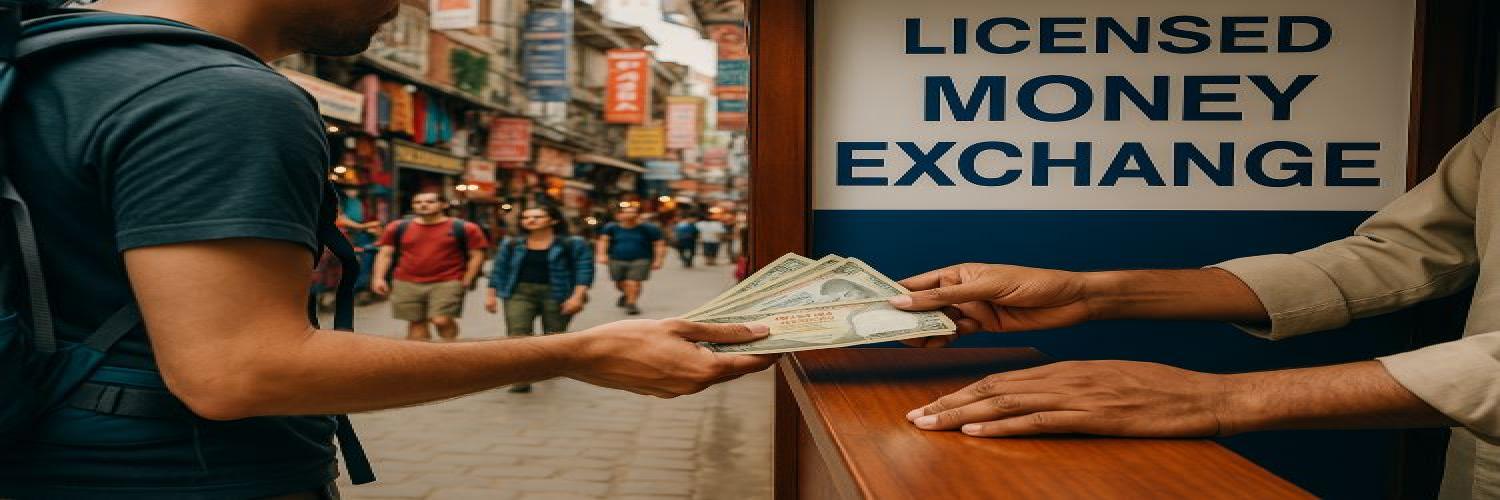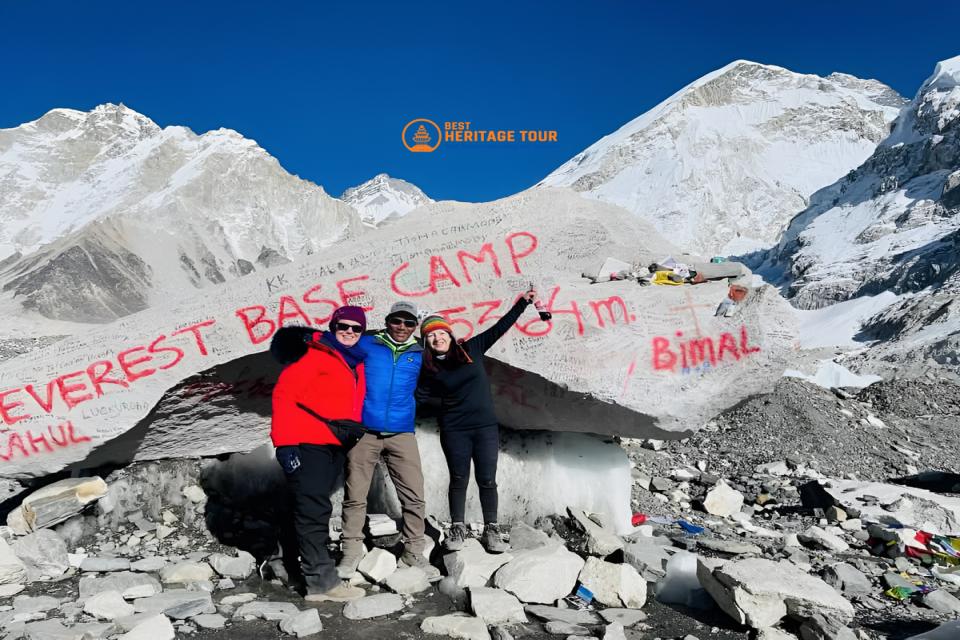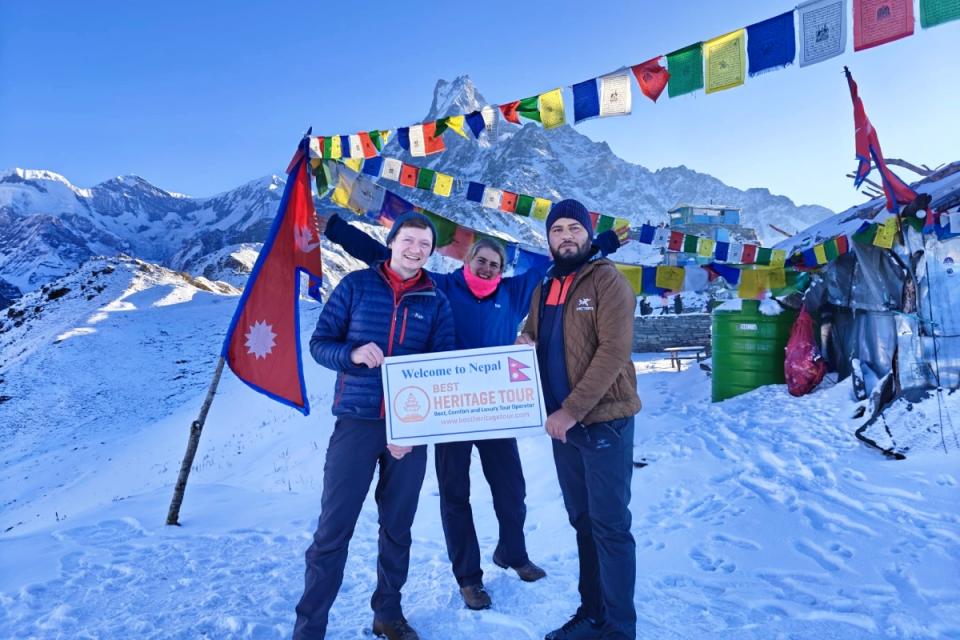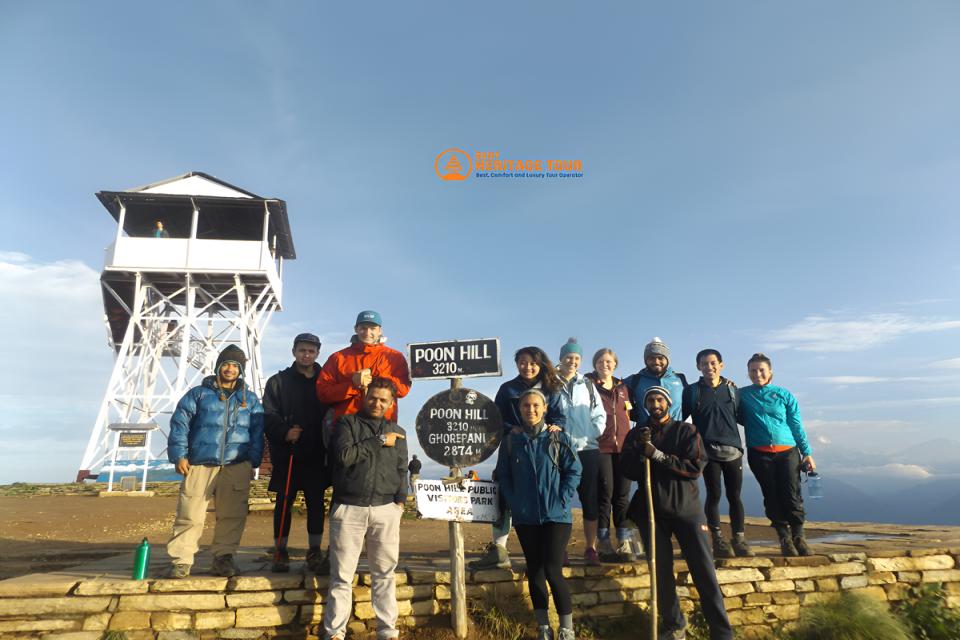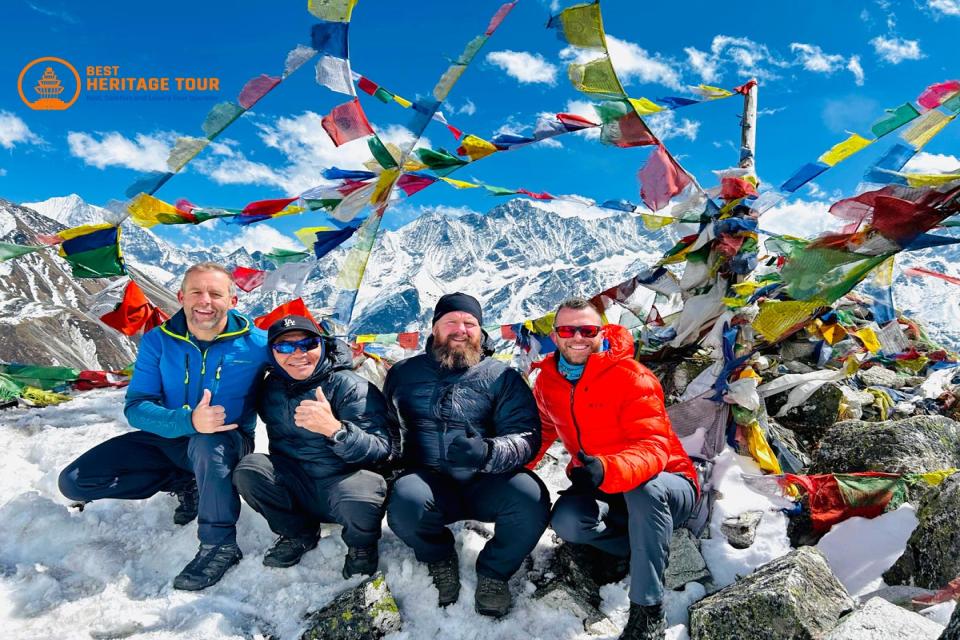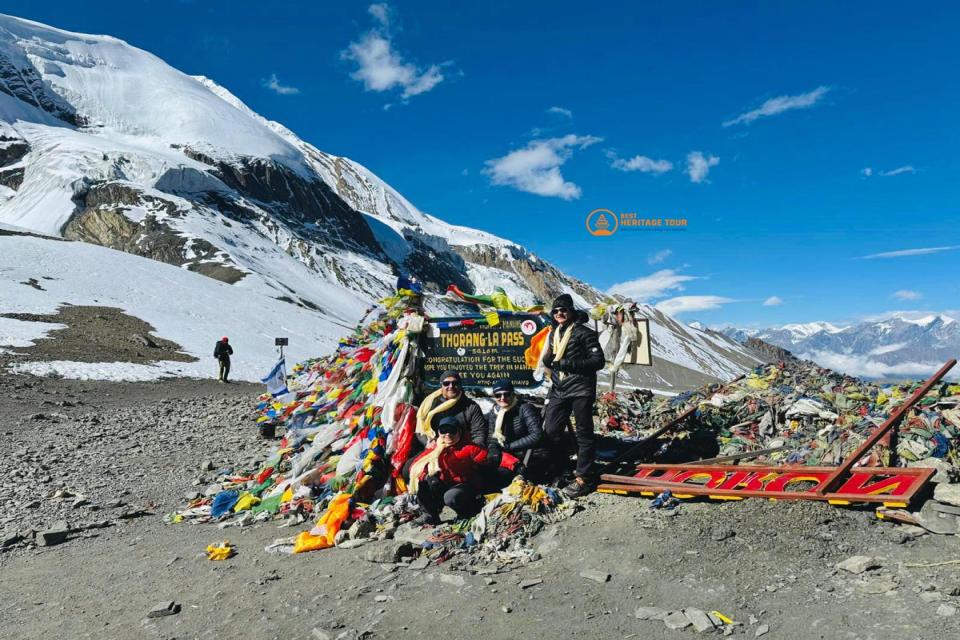Nepal, the land of towering peaks, ancient temples, and vibrant culture, attracts thousands of trekkers, adventurers, and tourists every year. Whether you’re planning a trek to Everest Base Camp, exploring the Annapurna Circuit, or visiting the bustling streets of Kathmandu, handling your money wisely is a critical first step for a smooth trip.
One of the most common questions travelers have upon arriving in Nepal is: “Where is the best place to exchange money - at the airport or in Kathmandu city?”
While the convenience of airport currency exchange counters might tempt you, the truth is that exchanging money in Kathmandu city usually offers better rates and more flexibility. In this comprehensive guide, we’ll explore the pros and cons of each option, provide practical tips, and help you make informed financial decisions for your Nepal adventure.
Understanding Currency Exchange in Nepal
Nepal’s official currency is the Nepalese Rupee (NPR), and most travelers arrive with US Dollars, Euros, or other major international currencies.
Official Exchange Rates
The Nepal Rastra Bank maintains official forex rates that serve as a benchmark for banks and exchange counters. You can check the daily rates here: NRB Official Forex Rates.
Types of Exchange Options
-
Airport Exchange Counters - Convenient, open 24/7, located right after customs.
-
City Banks and Authorized Money Exchange Counters - Numerous options in Kathmandu, especially around Thamel, the tourist hub.
Currency Exchange at Tribhuvan International Airport
The airport in Kathmandu, Tribhuvan International Airport (TIA), is the first point of contact for most travelers. Several banks and money changers operate here.
Pros of Airport Currency Exchange
-
Immediate Access: You can pay for taxis, SIM cards, or initial hotel bookings right away.
-
24/7 Operation: Convenient for early morning or late-night arrivals.
-
Safe and Reliable: Licensed operators reduce the risk of counterfeit currency.
Cons of Airport Currency Exchange
-
Higher Rates: Airport counters charge a small “convenience premium,” making the exchange rate less favorable.
-
Limited Options: Fewer banks or exchange counters mean less competition.
-
Smaller Denominations: Sometimes, counters provide smaller bills, which may be inconvenient for trekking payments.
Practical Tips for Airport Exchange
-
Only exchange what you need immediately - enough for taxi fare, a meal, or your first night’s accommodation.
-
Avoid exchanging large sums; city counters typically provide better value.
Currency Exchange in Kathmandu City
Kathmandu, Nepal’s capital and tourist hub, offers a wide variety of money exchange options, particularly in Thamel, Durbar Marg, and Lazimpat.
Pros of City Exchange
-
Better Rates: City exchanges often offer rates closer to the official NRB rates.
-
More Options: Multiple exchange counters compete, giving you a chance to shop for the best rate.
-
Denomination Flexibility: Easier to get larger notes for trekking fees, permits, and accommodations.
-
Transparency: Many counters display daily rates publicly, so you can compare quickly.
-
Assistance from Tour Operators: Companies like Best Heritage Tour can help you exchange money safely and efficiently, especially if it’s your first time in Nepal.
Cons of City Exchange
-
Time Required: You need to visit the exchange office during business hours (usually 10:00 am-5:00 pm).
-
Navigation Needed: Some travelers may find it slightly confusing if unfamiliar with the city.
Comparing Airport vs. Kathmandu City Exchange
|
Feature |
Airport |
Kathmandu City |
|---|---|---|
|
Exchange Rate |
Lower (premium included) |
Higher, closer to NRB rate |
|
Convenience |
Immediate, 24/7 |
Must travel, office hours apply |
|
Options |
Limited |
Multiple options, competitive |
|
Denomination Variety |
Small bills mostly |
Flexible denominations |
|
Safety |
Licensed & secure |
Licensed & secure, but always check license |
Verdict: For small amounts and convenience, airport exchange is okay. For larger sums and better value, Kathmandu city money exchange counters are clearly superior.
How to Find the Best Rates in Kathmandu
-
Check Daily Rates - Compare with the NRB official forex rates.
-
Compare Multiple Counters - Thamel has many authorized exchange offices.
-
Negotiate Slightly - Some private counters may offer marginal improvements.
-
Ask About Service Fees - Some counters may deduct a service fee.
-
Use Licensed Operators Only - Look for license certificates or bank partnerships to avoid scams.
Recommended Money Exchange Areas in Kathmandu
1. Thamel
Thamel is the main tourist district. You’ll find over 20 authorized money changers offering competitive rates.
2. Durbar Marg
Durbar Marg is a business hub where reputable banks and exchange offices provide transparent rates.
3. Lazimpat
Lazimpat offers a quieter, less crowded option with trustworthy exchange offices.
Tip: Always ask for a receipt, and count your money before leaving the counter.
Safety Tips When Exchanging Money in Nepal
-
Avoid Street Dealers: Stick to licensed banks or exchange offices.
-
Count Notes Carefully: Check for authenticity and the correct denomination.
-
Keep Receipts: Essential for records and in case of disputes.
-
Use a Money Belt or Secure Pouch: Prevent theft during city visits.
-
Avoid Carrying Excess Cash: Especially if heading to trekking trails; use a combination of cash and card if possible.
Alternative Options: ATMs and Cards
While exchanging cash is common, ATMs and cards can supplement your funds:
-
ATMs: Widely available in Kathmandu and Pokhara. Charges and withdrawal limits apply.
-
Credit/Debit Cards: Accepted in hotels, restaurants, and tour operators. Not always available in remote trekking regions.
-
Traveler’s Cheques: Rarely used; not recommended for modern travelers.
Tip: Always carry some cash for trekking fees, permits, and teahouse stays in remote areas.
How Currency Management Enhances Your Trekking Experience
Proper money planning ensures your trek is stress-free:
-
Permits & Fees: Most trekking permits must be paid in NPR.
-
Accommodation & Food: Remote teahouses rarely accept cards.
-
Transportation: Taxi, bus, and local transport fares require cash.
-
Emergency Funds: Having extra cash can be a lifesaver during unforeseen circumstances.
By exchanging currency wisely in Kathmandu city, trekkers can maximize their spending power while avoiding unnecessary losses at airport counters.
Practical Example: Exchanging USD to NPR
Suppose the NRB official rate is 1 USD = 137 NPR.
-
Airport Exchange Rate: 1 USD = 133 NPR (lower due to convenience fee)
-
Kathmandu City Rate: 1 USD = 136 NPR (closer to official rate)
For a trek requiring 50,000 NPR, exchanging in the city instead of the airport could save ~1,500-2,000 NPR, which could cover meals, snacks, or trekking essentials.
Final Recommendations
-
Exchange small amounts at the airport for immediate needs.
-
Exchange larger sums in Kathmandu city for better value.
-
Check rates daily via NRB forex rates to ensure fair deals.
-
Stick to licensed, authorized exchange offices.
-
Keep receipts and practice standard money safety measures.
Pro Tip: If you’re traveling with Best Heritage Tour, they can help you exchange money safely, saving you time and giving you peace of mind, so you can focus on your trek.
By following these tips, you can enjoy Nepal without financial stress, ensuring that your trekking adventure remains focused on breathtaking mountains, culture, and memories rather than worrying about exchange rates.
Conclusion
Navigating currency exchange in Nepal doesn’t have to be confusing. For trekkers and travelers, the smart choice is to exchange small amounts at the airport for convenience and rely on Kathmandu city money exchanges for better rates and flexibility.
If you’re planning a trek in Nepal, Best Heritage Tour ensures a seamless travel experience - from expert guidance and safe money exchange to well-planned trekking adventures. Let us handle your journey while you focus on creating unforgettable memories.
Contact Best Heritage Tour:
Phone: +977-9851149197 / +977-9810043046
Email: info@bestheritagetour.com | bestheritagetour@gmail.com
Booking/Info: www.bestheritagetour.com
Office Location: Thamel Marg, Kathmandu, Nepal
Exchange wisely, trek confidently, and let Best Heritage Tour guide your adventure through the Himalayas.
Author: Best Heritage Tour
Date: 5th September, 2025

